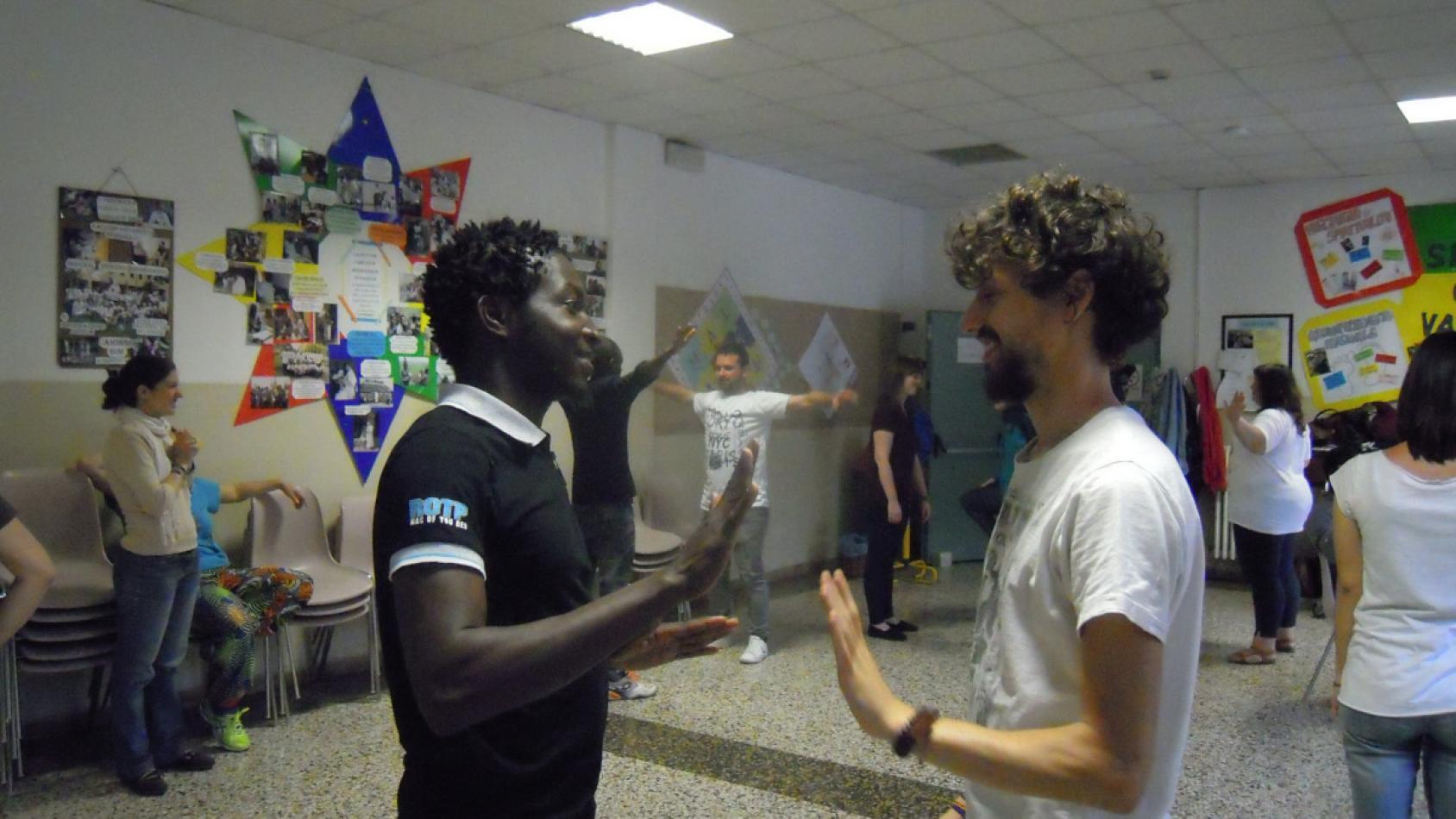Daniel Comboni
Comboni Missionaries
Institutional area
Other links
Newsletter
Saturday, February 12, 2022
In chapter four of Fratelli tutti, Pope Francis introduces the theme of citizenship. This is no small matter. In fact, Francis emphasises that “it is necessary to work to establish in our societies the concept of full citizenship and to renounce the discriminatory use of the term minorities, which carries with it the seeds of isolation and inferiority; it paves the way for hostility and discord and takes away the religious and civil rights and achievements of some citizens by discriminating against them”(FT 131).
Francis reminds us that a citizen is not only someone who is born in a place, and who has a natural right to residence, to the exploitation of local resources, to decisions that affect the social life of the place. A citizen is also someone who acquires this right by staying in the place and working to become part of it.
It is therefore clear that it is not enough to settle in a place. It is necessary to be active in getting to know the history, customs and reality: this is the process of integration. This is the only way to become proactive. Unfortunately, the issue of full citizenship has not yet become an accepted value. On the contrary, local communities often clam up against fully welcoming those perceived as foreigners.
This is due to the fears that every change brings. In particular, many local communities fear change because they are unclear about their own identity. Rediscovering one’s own culture is the first step to being welcoming of the other. This is certainly true in today’s Europe. Local populations are facing a great transformation – secularisation, new social relations, new cultural directions – which disorients them. Moreover, the speed of change does not help them to assimilate the new and to evaluate what is happening. In this situation, it is more than normal that the pressure to accept outside stimuli is perceived as annoying, difficult, even dangerous.
Francis reminds us that refusing to address the issue, or addressing it in wrongly, means preparing “the ground for hostility and discord and taking away the religious and civil rights of some citizens by discriminating against them”.
It should be stressed here that a reception without rules would be just as disastrous. Those who welcome and those who are welcomed must work together to rediscover themselves, their identities and their interests. Only in this way will there be a basis for true otherness. Alterity does not mean a difference to be bridged in order to achieve conformity, the flattening of diversity. On the contrary, alterity must be seen as an opportunity: to recognise differences, to find common ground, in full respect of the other, in order to build together. This is the way to enhance individual identities without compromising new future goals.
Above I mentioned Europe. But these words also apply to other continents. The great migrations taking place today are not only South-North migrations, but above all those within the continents themselves: Africa and Asia in primis. There we find the same problems, the same fears – but also some positive experiences – that we find in the West. Francis’ call is highly topical and should certainly be heeded if our humanity truly wants to journey towards universal brotherhood.
Fr. Giuseppe Caramazza mccj
[combonimission.net]




